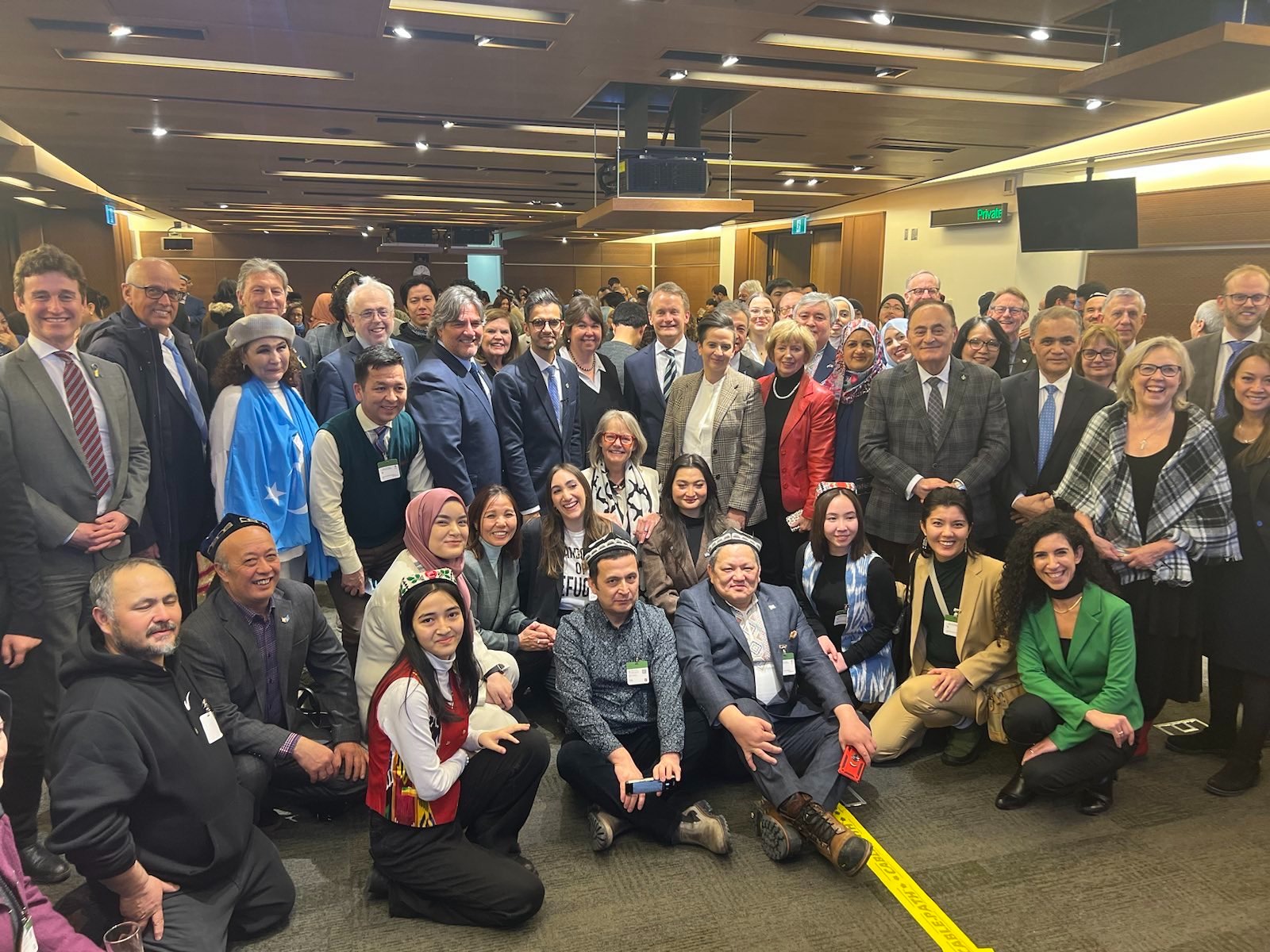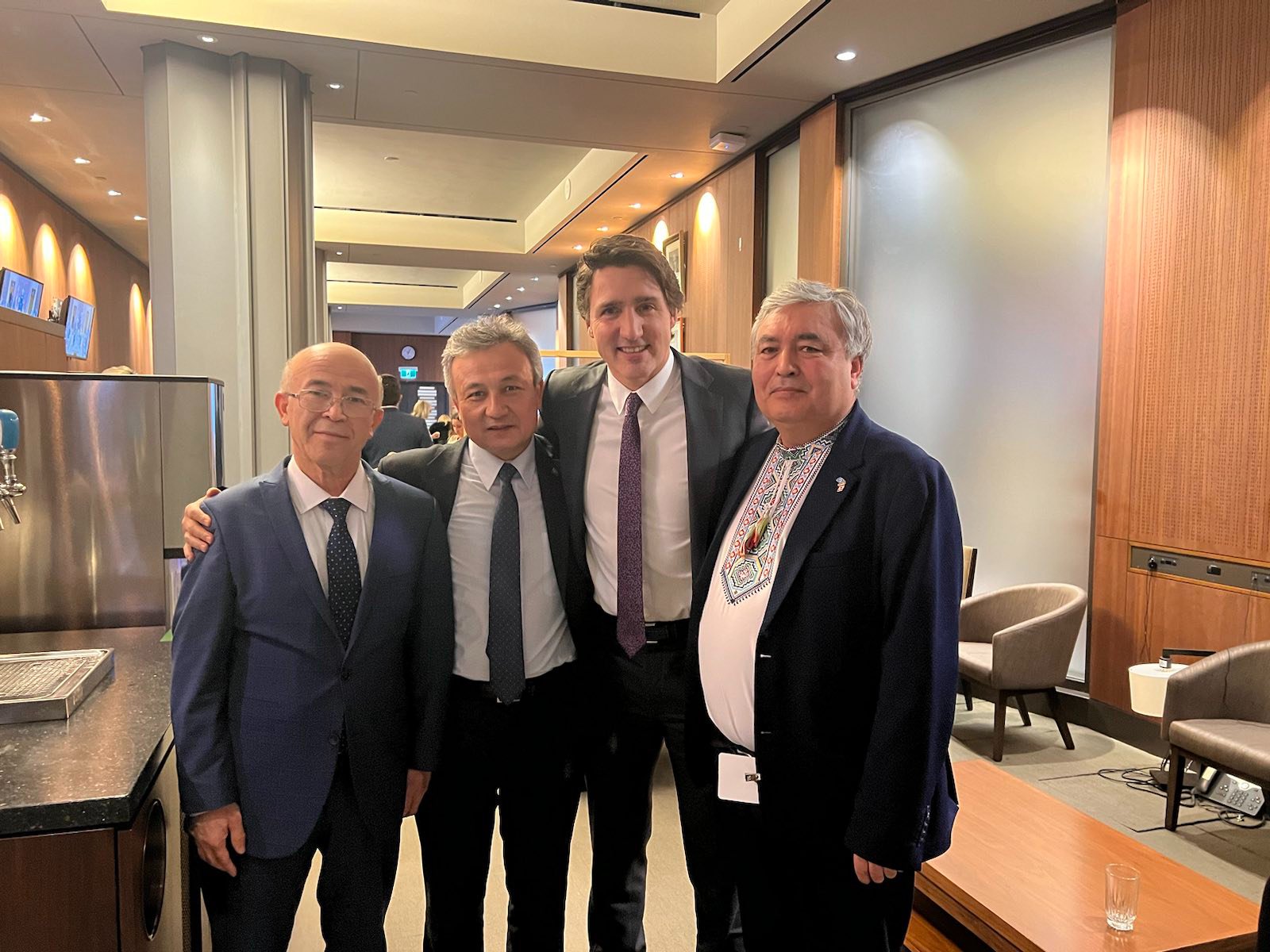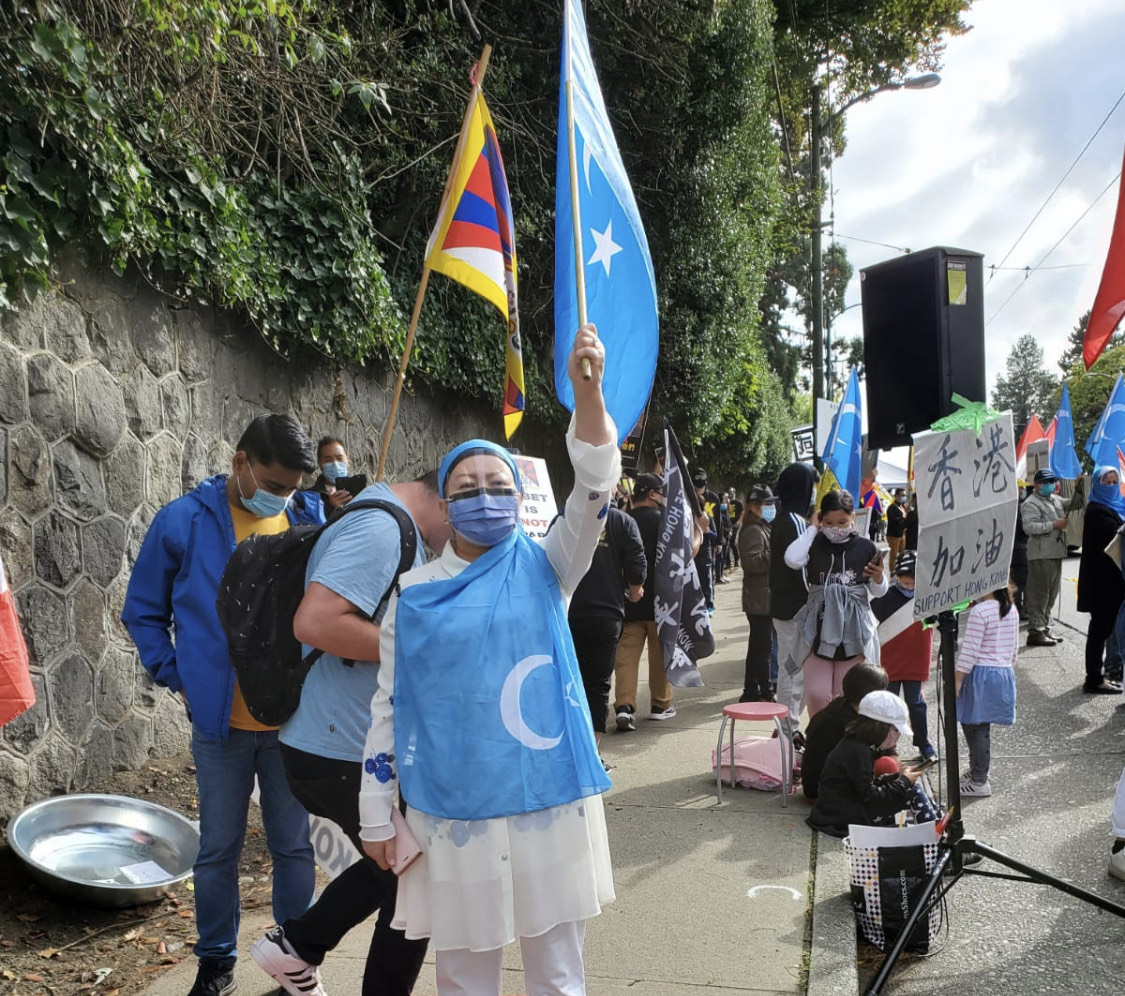Turnisa Matsedik-Qira hasn’t seen her family in years and doesn’t know where they are. She is a Canadian of Uyghur descent who lives in Vancouver and hasn’t heard from her family in China since 2017.
Matsedik-Qira fears they could be part of the estimated one million Uyghur and other Turkic minorities detained in “re-education” camps established by the Chinese government in the northwestern region of Xinjiang. Human rights groups have alleged that prisoners are held captive at gunpoint at these camps where women have been sterilized and children have been separated from families in an attempt at ethnic cleansing. Beijing has consistently denied these allegations.
But this month, Matsedik-Qira and others in the Uyghur Canadian diaspora are celebrating a unanimous House of Commons vote that calls on the government to create a program for the resettlement of 10,000 Uyghurs and Turkic minorities who fled from China to the Middle East and South and Central Asia—starting in 2024.
The motion is non-binding, which means there isn’t a concrete commitment to resettle 10,000 refugees to Canada, but it sets into motion the process of planning how a resettlement project could be implemented.
The vote for the bill took place on Feb. 1 and was backed by Prime Minister Justin Trudeau as well as members of his cabinet. If implemented, it would safeguard thousands of Uyghurs against the risk of Chinese government persecution by bringing them to Canada over two years.
“Most importantly, this will help our mental health and at least give us a lot of relief because more than 10,000 Uyghurs will live like real humans without worrying about disappearing at any minute,” Matsedik-Qira said.

Darren Byler, a sociocultural anthropologist and professor at Simon Fraser University who studies the dispossession of Uyghurs and their “disappearances” by the Chinese state, said the motion is a major victory for Uyghurs and for Western democracies like Canada, and that China and those who support the Chinese regime have failed in their attempt to dehumanize Uyghurs.
“By taking this step, Canada is demonstrating the ineffectiveness of Chinese Islamophobia and racism toward Muslims,” Byler said. “Canadian leaders have shown that they believe that the lives of these people matter and must be protected…These effectively stateless asylum seekers have the possibility of some hope, a chance to restart their lives, find jobs and a place to build a future.”
According to Byler, the program will make the Uyghur community in Canada one of the largest in the world outside of China and will play a much larger role in the future of Uyghur society. For now, the ethnic group is a very small minority in Canada.
The latest available census data according to Statistics Canada shows there were about 2,500 Uyghurs and Turkic language-speaking people in Canada as of 2021.
“I feel very happy and very proud of being Canadian-Uyghur when all MPs supported the motion,” Matsedik-Qira said. Though she believes her own family won’t benefit from the vote because they haven’t been able to leave China, she is enthusiastic about the resettlement of other Uyghur families.
Matsedik-Qira has been vocal about Uyghur rights ever since she moved to Canada from East Turkistan in 2006. She is the vice president of the East Turkistan Association of Canada and has been conducting weekly protests for more than three years in front of the Chinese consulate on Granville Street in Vancouver.
These protests are similar to weekly ones in downtown Toronto in which Uyghur Canadians regularly show up to raise awareness of the Chinese government’s atrocities against the ethnic minority population.
Mehmet Tohti, a prominent Uyghur-Canadian activist and co-founder of the World Uyghur Congress arrived in Canada in 1998, has been lobbying for the rights of Uyghurs for decades.
Tohti says 37 members of his family have been held hostage because of his activities. One of these hostage situations happened just last month, when Tohti says he got a phone call from Chinese government officials who told him his cousin has been taken into custody.
“I was informed…that two of my sisters ‘died,’ three of my brothers disappeared, and that would be the [same] consequence [for] my cousin,” he says.
Tohti was present in the House of Commons when the unanimous vote to resettle Uyghurs took place.
“It was a joyful moment,” Tohti says. “I was overwhelmed as I saw all Members of Parliament from [a broad] spectrum [of] political backgrounds stand up for a few minutes for the motion and offer support.”

The news was well-received by Uyghurs across the world. “Many Uyghurs outside and inside Canada have reached out to me and thanked Canada,” Tohti added.
In 2021, Canada became the second country — after the U.S. — to recognize the Chinese government’s acts against Uyghurs as genocide, and is the first to support a resettlement program for those who have escaped. Advocates like Tohti and Matsedik-Qira hope this move is mirrored by other Western democracies.
Diary Marif is an Iraqi Kurdish journalist based in Vancouver, Canada. His writing has appeared in the Awene weekly, Livin, and on KNNC TV as a documentary researcher by the name Diary Khalid. Diary earned a master's degree in History from Pune University, in India, in 2013. He moved to Vancouver in 2017, where he has been focusing on nonfiction writing. He can be found on Twitter: @diary_khalid.





